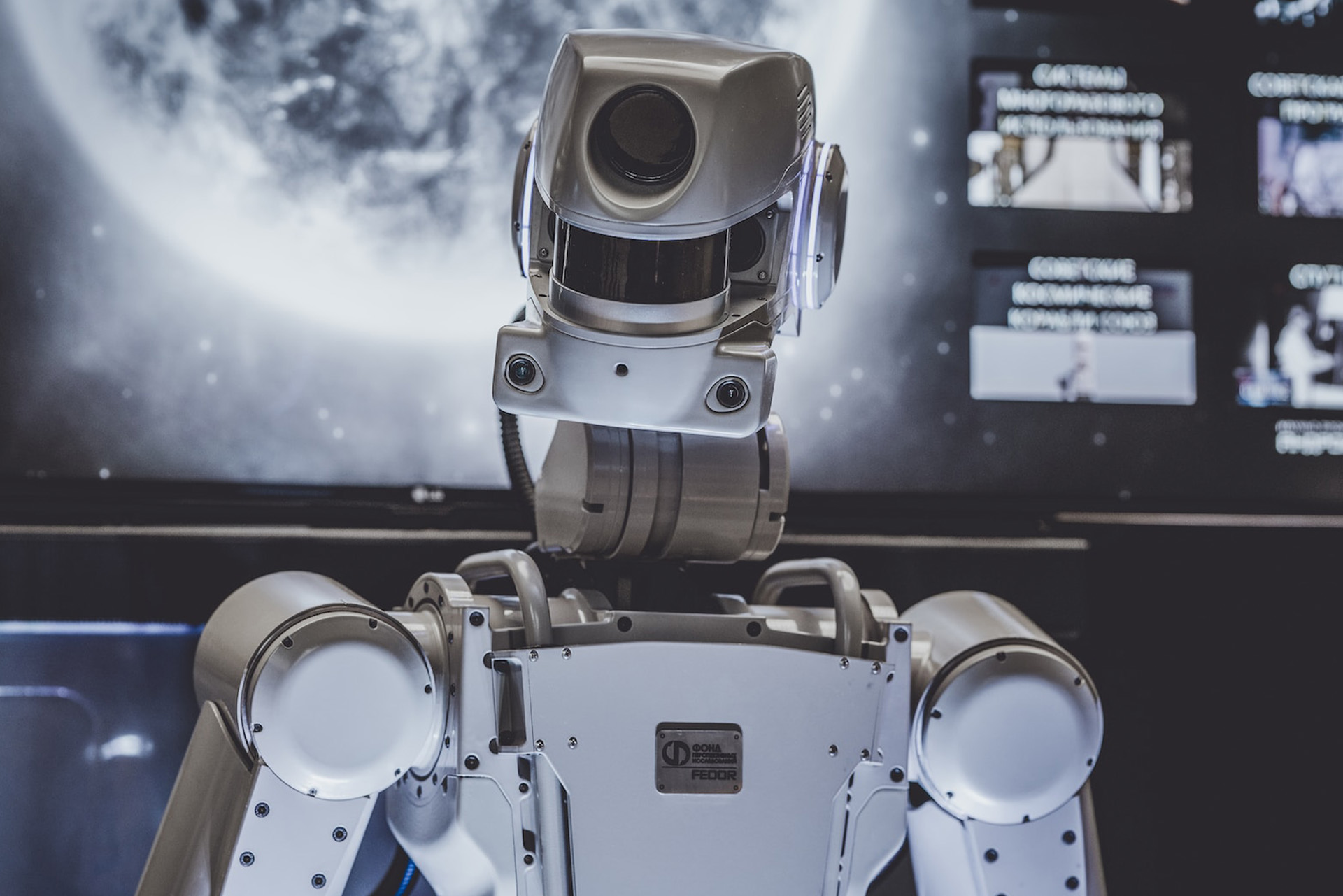
What is the significance of machine learning in the retail industry?.
Introduction
Over the recent years, retailer have been relying on data-driven analysis for the conceptualization and running of their businesses. Nowadays, retailers bank on Artificial Intelligence (AI) and Machine Learning for crucial business aspects such as market trends, customer purchase behavior, CRMs, consumer demands, social media activity tracking, loyalty programs.
Through machine learning, you can now apply sophisticated mathematical computations. The commerce industry is also enhanced through product optimization, precise targeting and personalized product recommendations.
Contribution of machine learning in the retail industry
Due to modern computing technologies, the current machine learning is not like the past. Researchers are interested in artificial intelligence and want to determine the extent to which machines can learn from data. Machine learning in retail sector matters because when models are exposed to new data, they can adapt independently. Machine learning allows systems to learn from previous computations and deliver reliable and accurate results and decisions. Better decision making for retailers translates to improved sales and more ROI.
The state of AI in enterprise
There has been a lot of fuss and miscommunication from unscrupulous vendors who include AI in their sales strategy for the sake of promoting their brands. Therefore, it is crucial to explain the meaning of AI and its relevance in the enterprise. AI describes an academic field which focuses on how to build intelligent machines. Many vendors today talking about AI while referring to machine learning.
What is machine learning?
In simple terms, machine learning is the technique of teaching a machine to learn from data and build on this information incrementally without explicit programming. Technically, it is a discipline from AI that enables machines to learn from data and past experiences to make predictions and identify patterns with minimal human intervention.
On the other side of programming, software engineers decide for the machine what to do and the process of how to do it. On the flip side, machine learning enables the engineer to teach a computer what to do, more like training a dog or a child. When this computer is exposed to new information, it gives it more ability to make better and more accurate decisions.
AI has drastically revolutionized the global business land scape ranging from consumer products to financial services. Machine learning in retail analytics has improved the way retailers are capitalizing on big data to improve their marketing strategies. It is also used in marketing departments where there is enhanced targeting, response rates, and increasing ROI. Through machine learning, retailers get benefits such as automatic analysis of large volumes of data like purchasing behaviour and spending habits and demographic information. AI synthesises this data using a mathematical algorithm to determine patterns and trends. The same algorithm then tests predictions based on historical campaign data and learns from the forecasts it gets right. With time, the algorithm becomes more accurate as it is fed with more data.
Having these trends retailers can make informed decisions on matters such as marketing strategy and target customers because they have more accurate data, less guesswork and higher chances of success. Machine learning has the ability to detect human actions, including both buyers and employees. The information obtained by the computer if properly utilized can hugely improve on service delivery and increased returns.
What are the advantages of machine learning for the retail industry?
Increase customer lifetime value
Studies show that repeat customers contribute about 40% of a business’ revenue. Retailers have always had a big challenge in improving their customer return rate. This boils down to determining which customers have a higher likelihood to return and the factors that influence the return value for these customers. These two elements are crucial use cases for machine learning.
Improving customer experience
AI gives an edge when it comes to personalized shopping experience for customers. This makes machine learning a huge concern for retailers who want to have better returns and a huge customer base. The pseudocode used in machine learning enables retailers to have personalized product recommendations for various customers based on their shopping behavior, purchase trends and unique interest.
Apart from improving customer experience, machine learning can also help retailers to segment their markets accurately making marketing strategy and points of sale propagated to the right audience.
Draw new customers
The rate of repeat customers is greatly affected by factors like diminished trust, shifting locations, better deals from competitors etc. This makes a wakening call for retailers to look for better ways to attract new customers and expand their client base. Machine learning has, in a huge way, offered a solution to this challenge.
It provides tools such as programmatic advertising provides a significant advantage. Programmatic advertising refers to the automated buying and selling of ad space through the use of intricate analytics. For instance, if a business wants to target new customers, the algorithm tool can analyze data from the current customer segment and page context to push a well-targeted ad to a prospective customer at the ideal time.
Reduce marketing waste
The ability for machines to learn and analyze data without the involvement of human factor means systems can identify trends in real-time and adapt according to the situation. This is crucial in marketing. Sales and marketing specialists need to plan for campaigns ahead of prospect seasons such as Christmas, summer, and back to school. Marketers can, however, be involved in a lot of guesswork in determining what customers want. Machine learning helps retailers to predict the future through simulating scenarios that predetermine the outcomes and identify the crucial action areas.
Through machine learning intelligent systems can analyze live sales data and identify the products getting positive customer response. This allows marketers to adapt to their methods and focus on promoting the products which have a higher chance of generating returns.
